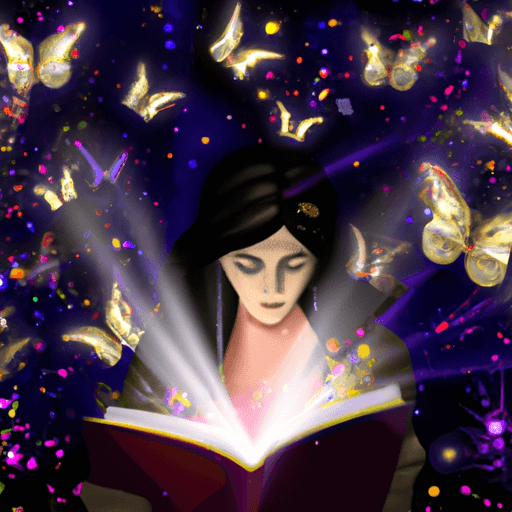The Significance and Evolution of Magical Realism in Contemporary Literature
Magical realism, a genre of narrative fiction characterized by the incorporation of fantastical elements within a real-world setting, has gradually acquired an essential place in contemporary literature. This unique storytelling method has challenged conventional narratives, paved the way for imaginative storylines, and deeply influenced readers' perceptions.
Origins of Magical Realism
The term magical realism was first used by German art critic Franz Roh in 1925 to describe a new style of painting. However, the narrative style found its true home in Latin American literature around mid-twentieth century. Acclaimed authors such as Gabriel Garcia Marquez, Isabel Allende, and Jorge Luis Borges infused magic into the ordinary, blurring the boundary between fantasy and reality.
Evolution and Influence
Over the decades, magical realism has transcended geographical and cultural boundaries, finding resonance in various global literatures. Writers like Salman Rushdie, Toni Morrison, and Haruki Murakami have adopted magical realism, infusing their narratives with a touch of surrealism embedded in daily life. Significantly, its reach has extended beyond books, influencing other artistic arenas like films and digital media.
Impact on Storytelling
Magical realism privileges multiple realities over a single objective truth, subverting conventional storytelling. It introduces supernatural elements as natural occurrences, creating a narrative where the extraordinary coexists seamlessly with the ordinary. This genre often serves to highlight sociocultural issues, political unrest, or historical traumas in an indirect yet impactful manner.
Unique Reading Experience
The convergence of reality and fantasy in magical realism engenders an unusual reading experience. It lets readers immerse in a world where they must reconcile the mundane with the miraculous, making them question their understanding of reality.
Impact on Reader's Perception
Magical realism shapes readers' perceptions by challenging their assumptions about reality. It cultivates an acceptance of the extraordinary in the commonplace, enabling readers to view their ordinary, everyday life through a magical lens.
To conclude, magical realism has indelibly influenced contemporary literature through its distinct narrative style. It elevates storytelling to a plane where the magical and the real coexist harmoniously, presenting readers with a rich, multifaceted literary experience that undermines conventional realities.


















Comments
Leave a Comment